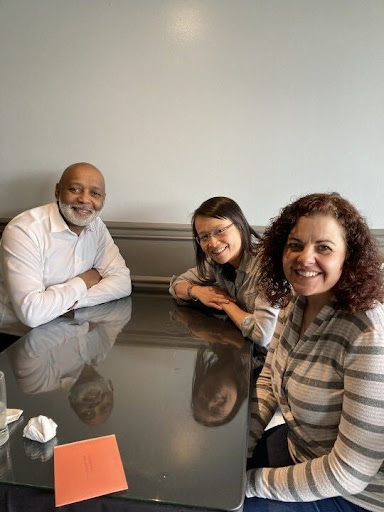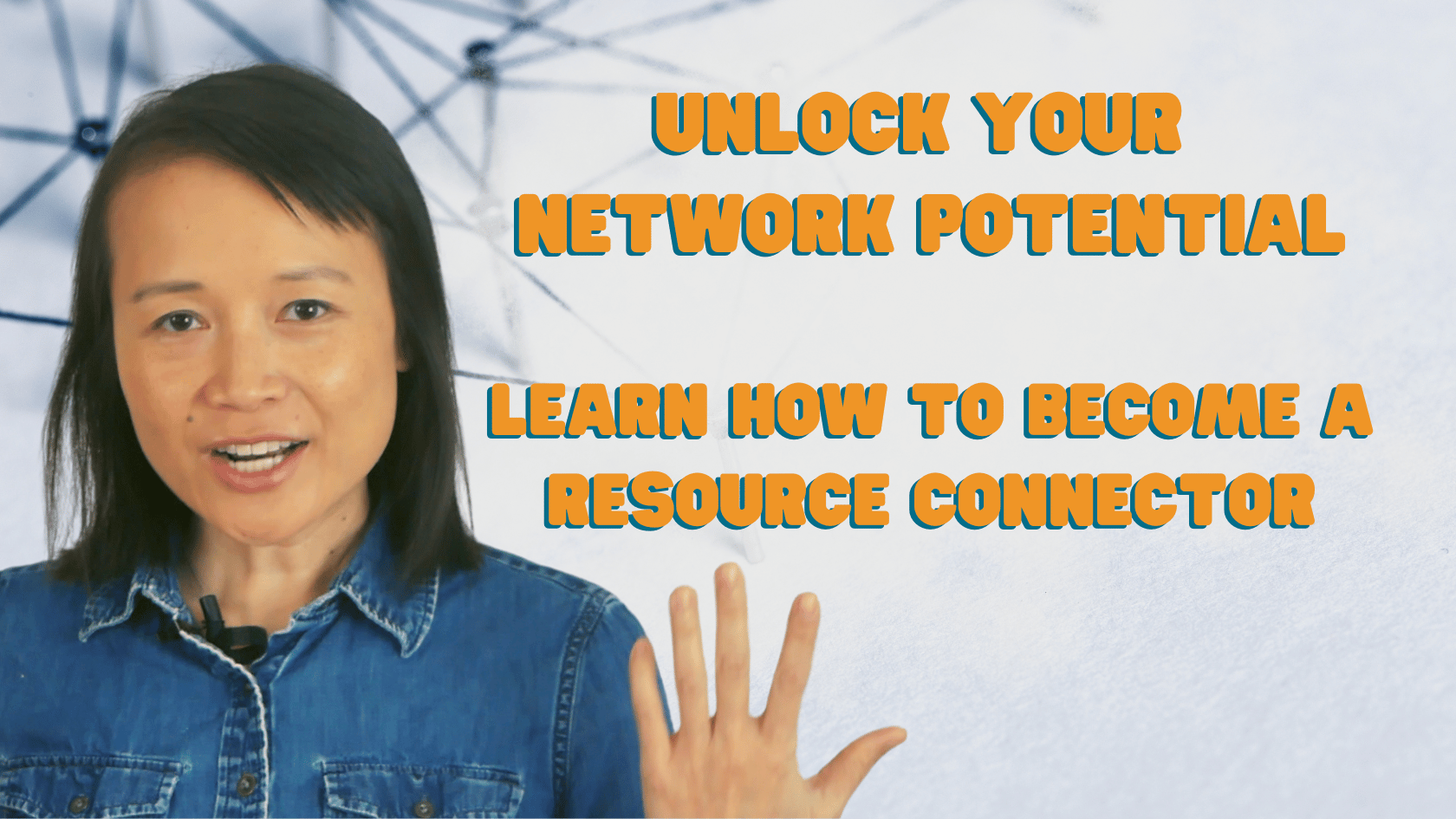
Before you ask someone else for help, you have to get clear on what you’re asking for. No one can read your mind.
My favorite way to ask for help is using the SMART method, developed by Wayne Baker, a professor at the University of Michigan, from his book, All You Have to Do is Ask. I like it because it’s really clear and memorable. Just think about smart goals, and how popular that structure is. The smart goal is specific, measurable, actionable, realistic, and time bound.
A SMART has a lot of similarities to a smart goal.
The SMART method stands for
- Specific
- meaningful
- action-oriented
- realistic
- Time-bound
Specific means that you’re asking for something specific, not for something vague or they have to guess.
Meaningful means that it’s personally meaningful to you. If this person were to say, yes, it would have a positive impact on you.
Action oriented means that the person can take action on it, that there’s something they can do. Yeah that doesn’t have to be physical. The action could just be. I want you to spend five minutes thinking about this.
Realistic means that with something that the person can realistically do. You’re not asking them for something that is really out of their means. For example, maybe you think they can lend you $500 but it might be difficult for them to lend you $5000. So be realistic about your ask. This is a personal assessment of the situation on your part. It’s not a discrete element of the ask itself.
Time bound means that you’re asking for it to be done by a specific time. So you might ask for something, but you don’t say when. When you’re asking for something and you want it done now, you may think that people understand that you mean “now” but if you don’t say it, they may not think it’s that urgent. Of all the elements of a SMART ask, this is the one that I often forget.
You can use this in your personal and professional life. Here are some examples I’ve used:
Since we live in the same suburb, would you be willing to give me a ride to this Friday’s event in Seattle? It will be really difficult for me to attend if I can’t get a ride.
Would you be willing to make introductions to organizational leaders who might be interested in hiring CuriosityBased for team building services? I’m really working on growing my business. To make it easy for you, I could give you some introductory text.
Are you available and interested in speaking on this panel for Leadership Tomorrow, an organization that I volunteer with? It will take about one hour of prep and one hour of actually speaking on the panel. It will take place on May 2 and I’d like to know by April 2 if you can do it.
So you can see that each of these asks have all of the elements of a SMART ask.
Try this for yourself. Go out and ask for what you need, just check if it has all of the elements of a SMART ask. Asking someone for help can feel uncomfortable, and having this structure might make it easier for you, because you’re focusing on the elements of the ask and not the feelings of hesitation or discomfort around making the ask itself.
I’ve written a lot about the benefits of asking for help. You can read more here.








Leave a Reply